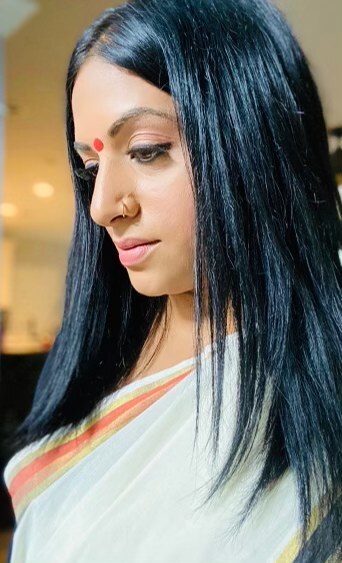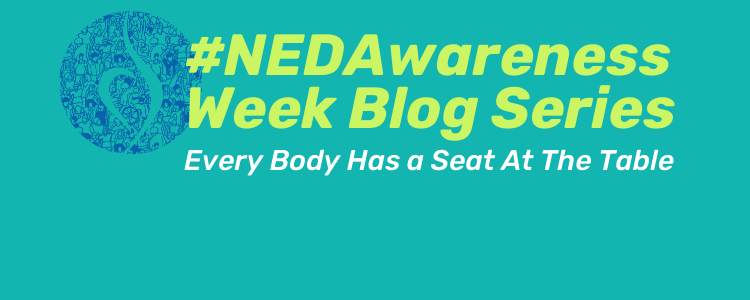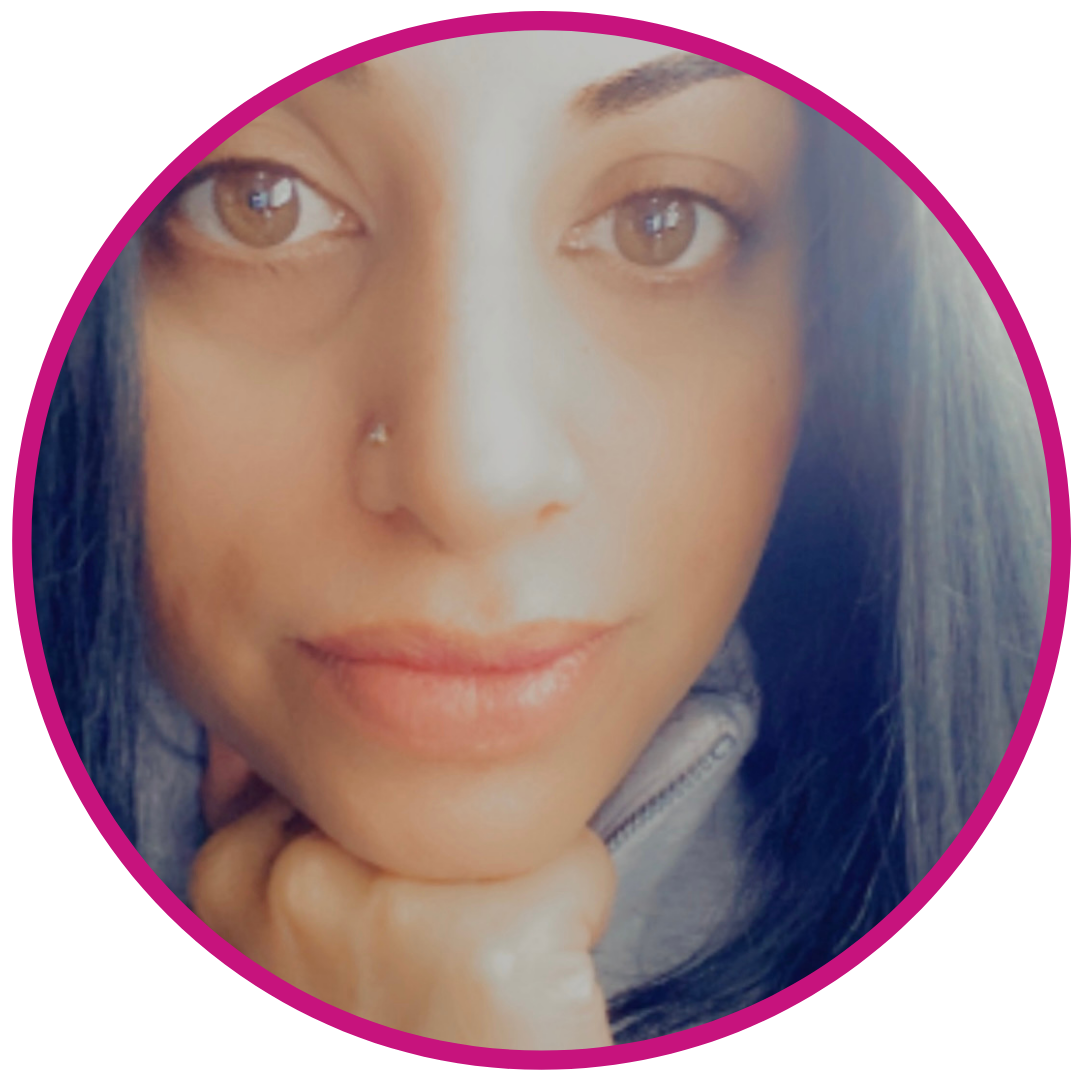I’m a first generation Indian American and was born and raised in Houston, TX. And as a Catholic, I attended a Catholic school that was predominantly white and close-knit.
As young kids, I never remember thinking of each other in terms of race and ethnicity, but as we grew older it slowly became clear that I was different from 99% of my class because of my ethnic background. My skin was a different color, the hair on my body was different, and my body developed differently.
In middle school, I was unable to see my unique beauty and only felt more excluded as my classmates began to date one another. The experience caused me to start interpreting my differences as being ugly and unwanted. I started wishing I was skinnier and wanting my skin color to be lighter.
Fast forward to high school, and it was a whole new world for me. It was nothing like the school I had grown up in. It was a melting pot of all types of people – different cultures, different religions, and different backgrounds. For the first time in my life, I met people outside of my family and close family friends who I felt I could relate to – but even then, the core negative feelings of self-worth had already solidified.
High school was when I first began struggling with disordered eating. I had developed social anxiety and began to believe I would be more confident if I appeared a certain way. Years of feeling different and hating myself manifested into anorexia nervosa. The eating disorder provided me with a false sense of control and self.
 Fortunately, I had two cousins that were able to talk to me and help me realize that I had a problem. They took me to a Borders bookstore, sat me down and told me they loved me and were worried about me. As my older cousins who were also first-generation Indian Americans, they told me they understood feeling different. After hearing this, I didn’t feel so alone in my illness anymore. I owe a huge part of my recovery to them.
Fortunately, I had two cousins that were able to talk to me and help me realize that I had a problem. They took me to a Borders bookstore, sat me down and told me they loved me and were worried about me. As my older cousins who were also first-generation Indian Americans, they told me they understood feeling different. After hearing this, I didn’t feel so alone in my illness anymore. I owe a huge part of my recovery to them.
With their help, I mustered up just enough courage to talk to my parents and let them know I had an eating disorder. It must have been the most difficult thing my parents had to hear and try to understand at that time. Despite the hardship and confusion, they were so loving and supportive.
They didn’t know how to tell our family and family friends, who came from a culture where mental illness was not spoken about and looked down upon, that their daughter was struggling with an eating disorder ,so it was kept “hush-hush.” To the outside word I was just a teenager acting up and struggling with school but in reality, I was struggling to stay healthy and fight my eating disorder.
When I first began struggling with my eating disorder, there was little easily accessible information to be found, and those that suffered from one lived in secrecy. Even a celebrity like Karen Carpenter’s story was not fully told until she passed away from complications due to anorexia nervosa. Access to specialized eating disorder care was also limited at the time of my illness and my only option was to go into a partial hospital treatment program for depression. I found myself doing a lot of research on my own in hopes to try and help myself. That’s when I discovered The National Eating Disorders Association.
NEDA was fairly new back then, and the internet was just starting to be something people used. What I remember most about when I first found NEDA, was that for the first time in my healing journey, I felt like I wasn’t alone. I realized what I was struggling with was something real and I felt like there was a whole community of people who knew what I was going through. NEDA allowed me to feel connected to the recovery process and allowed me to no longer live in the shame and secrecy of an eating disorder. This was crucial and allowed me to do the difficult work that eventually led to my recovery.
I eventually became involved with NEDA as a volunteer because I want to support others who are not yet able to see their unique beauty and strength on their own. I have especially dedicated my work to support those who come from marginalized and stigmatized backgrounds, so they can see that they are not alone. This is a community where every body is welcome.
This post is dedicated to my cousins, Vini and Neena.
Priya James is an eating disorder recovery advocate. Priya started her career in the fashion industry in 2001, working for one of Houston’s leading modeling and talent agencies. After four years working for the agency, she began her study in Fashion at The Art Institute of Houston, where she obtained a Bachelor of Science in Fashion Merchandising and Marketing. Priya then went on to work as the Marketing & PR Director for designer and Project Runway 2 winner Chloe Dao. During this time, she also held a position on the Board of Directors of The Fashion Group International (Houston Division). She retired from the industry in 2016 and began focus on her advocacy efforts. As a person in recovered from an eating disorder, a former professional in the Fashion Industry, a mother of a beautiful young girl, and the wife of a psychiatrist, one of the goals in her life is to educate and bring awareness to eating disorders. Her advocacy efforts have been especially focused on cultures where depression, anxiety, and other psychosocial issues are overlooked and marginalized.
Priya is the coordinator of the National Eating Disorders Association Houston Walk, a writer for The Eating Recovery Center’s Say It Brave Collective, a member of the Houston Eating Disorders Specialists, she has also held positions on the Academy for Eating Disorders Experts by Experience Committee and Social Media Committee. You can connect with Priya on Instagram @priyamaryjames or through her website, www.priyamaryjames.com.






